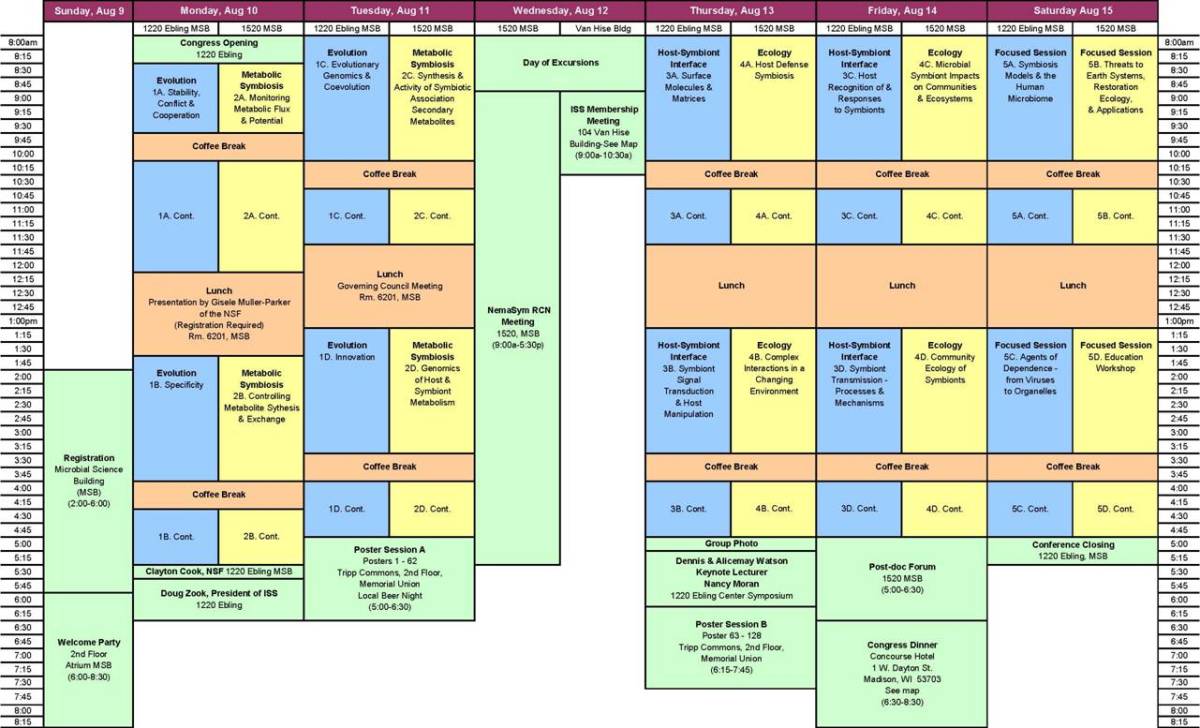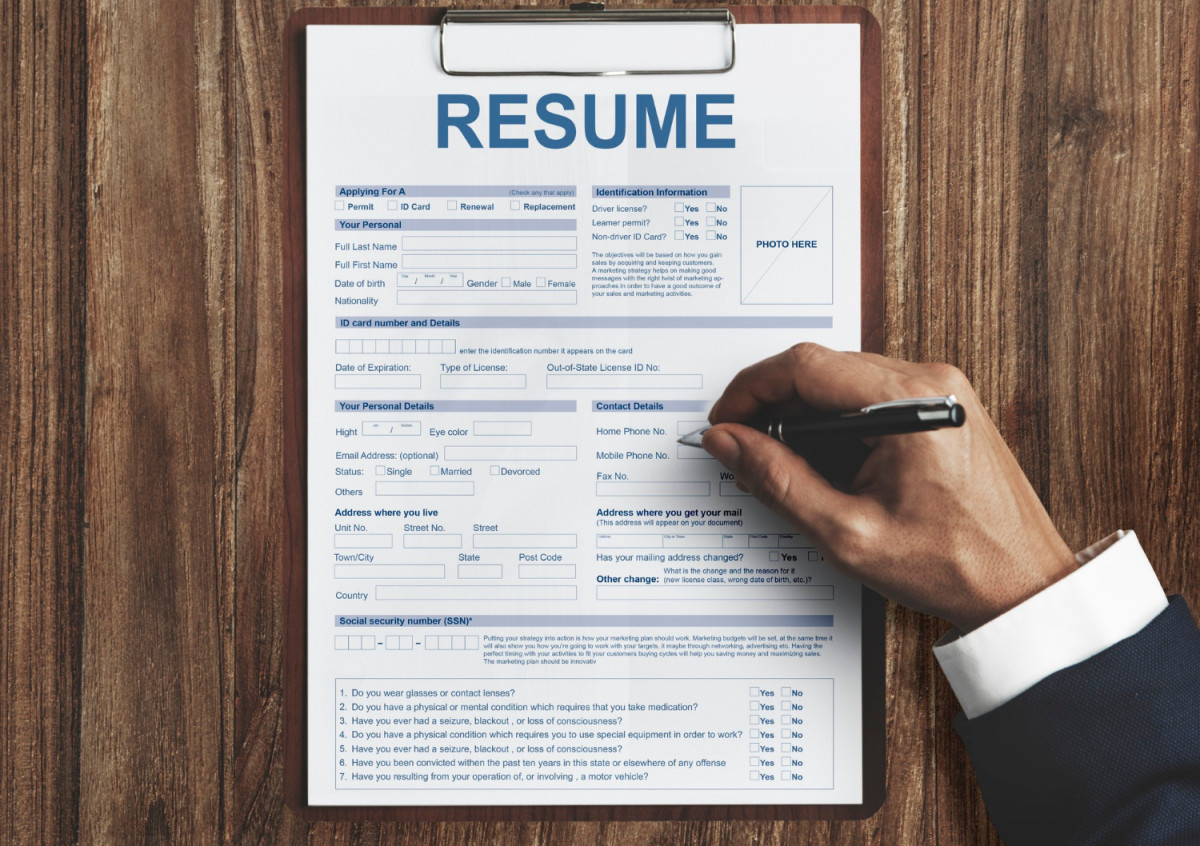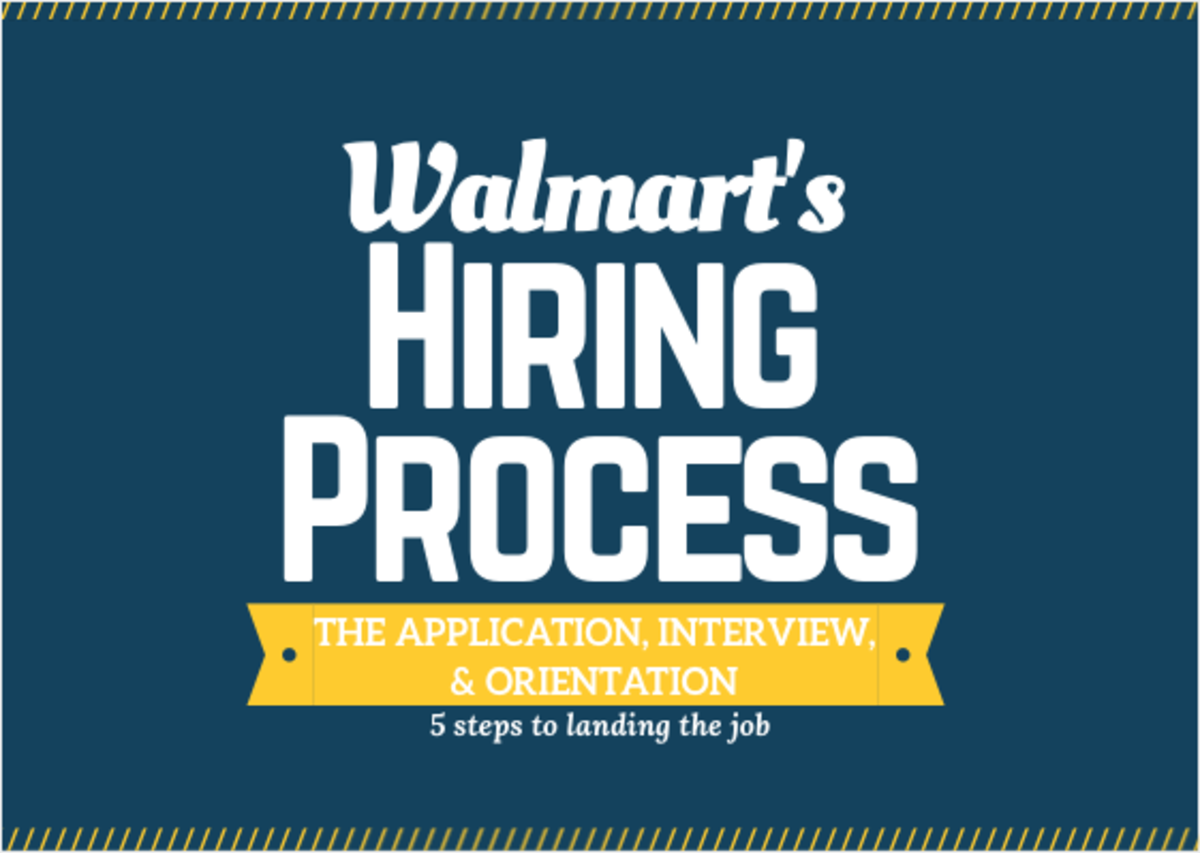Tips to Survive a Toxic Job Until You Find a New Job

We can all probably account for at least one job that really tested us. It was probably a job we called out sick to more often than we’d have liked. It was also a job we felt sick to our stomach going to, had nightmares about, anxious thoughts or even cried about. Toxic jobs can cause any of those things in the best of people and workers. It can feel as if you can’t leave soon enough or a job you feel you’ll never be able to escape.
What makes a job toxic can be a number of things, ranging from any of the following;
- Expectations that are too high or unrealistic
- Poor treatment by management
- Mis-management
- Providing a poor work-life balance
- Bullying or very unpleasant coworkers
- Poor pay or benefits, coupled sometimes with no room to move up
Of course there are plenty of other things that can make a job toxic, those are just a few of the many.
Being in a toxic job often puts a person in survival mode. Someone experiencing a toxic job may find themselves dealing with mental health issues (anxiety, depression etc.), physical health problems (weight loss or gain, health complications of stress) or strained relationships (lets be honest, work stress DOES carry over to our personal lives). Combating the negative implications becomes more difficult over time, prompting people to consider the option of finding another job or quitting.
Ideally, a worker is going to want to go with the option of finding another job. This is after all efforts to change things at work have changed nothing. The first step in dealing with a toxic job is to see what you can change (which is #1 on the list below). However, this isn’t always a cure, despite being the first thing that should be done. So in those situations, what can you do to hold out until that great new job comes along and you sign that dotted line? Let’s look at a few things.
#1: Change What You Can
This tip could be its own article. To put it short, sometimes speaking up can change issues you’re having at work. If you’re dealing with too much work, speak to your supervisor about having assistance with delegating duties. If you’re dealing with issues such as being on call all the time, poor work-life balance etc. see what you can work out with your supervisor.
If you’re dealing with issues from someone bullying you—see what you can do in terms of speaking with the perpetrator. Sometimes people don’t realize what they’re doing or having someone assertively tell them their actions are inappropriate causes them to stop. If that’s not an option, speak to your supervisor about the issue. If its your supervisor—speak to their boss or HR. If its an issue that is illegal (i.e. sexism or sexual harassment) HR should be involved. If nothing is done, that’s what lawyers are for.
One important thing is to ALWAYS document bullying occurrences or when you have grounds for wrongful treatment.
The advice here will vary completely by your own situation. Sometimes speaking up won’t change anything—or worse, maybe things more difficult.
Now for a personal example: Some people shy away from confronting someone who is an executive or higher up in an organization because they feel they’re immune. Not so! I have held a position where the new director we hired was abusive (verbally, emotionally). Several of us (including admin) complied documentation of their abuses and presented them to HR and the board. Let’s just say….they were fired on the spot.
Speaking up DOES work.
#2 Vitalize Your Life Outside of Work
If you have a toxic job, it’s easy to let it seep into your personal life. Suddenly you find yourself having trouble not complaining about work to friends and family. Maybe you find yourself unable to relax at home due to work stress. Maybe you even find yourself doing extra work on the days you have off.
One good way to combat this is to plan things to do outside of work you enjoy that you force work to take the back burner to. Plan some recoup time after work, but also plan things that enrich your life. Maybe it’s time to check out that new restaurant you've been wanting to try. Maybe you should take a vacation (even if its just a day or two). Maybe go out and see a new movie. Maybe you could take a class once or twice a week.
Those are all ideas of things you could do, but don’t limit them to that. Just remember that no job should ever own your ability to have a life. Personal life always trumps work life, even if it can be a hard thing to accomplish.
Even if you don’t feel like going. Even if you feel like you should ‘do more work’, go out. Once you’re out at the movies, out to dinner or go to a music show, you are probably going to feel a lot better.
#3 Take a Look at the Bigger Picture
Your job sucks…and it’s sucking your soul. It’s draining, you hate it and a new job can’t come along soon enough.
….then during one of your many vents about your job, aunt Sally kindly reminds you that “at least you have a job”. A comment no one enjoys hearing.
But they’re right.
You’re completely entitled to complain as much as you want, but at the end of the day, you have a job that provides a steady source of income (hopefully at least).
I’ve been on the side of the coin where my job completely sucked and I went home crying or cried when my students left most days.
#4 Take Time Off, Vacations included (Prioritize mental health)
Conserving your PTO for job interviews is smart. Taking care of your mental health is every smarter.
When you have an extra day of PTO and you’re feeling the toxic stress, take a day to relax at home or go on a long weekend trip. If you have extra time floating around, take a vacation someplace you really want to go. It can be hard to unplug from work, but once you stop thinking about it, you can enjoy your trip.
Even if it’s not a distant trip to another country, a day at home spent catching up on work (or applying to a new position!) can make a world of difference. Mental health days can be critical to your overall well-being.
Even if you don’t take an entire day off, sometimes just leaving an hour or two early can be very refreshing. Work on scheduling any doctor appointments, car inspections etc. you need to get done during this time. Even getting those out of the way can alleviate some stress.
#5 Set Goals
I throw this one in later in the article not because it’s unimportant, but because it doesn’t quite fit with the other tips. Once you’ve dedicated yourself to getting out of a toxic work environment, you need to set goals on getting out. This includes brushing up your resume, getting more experience or certifications, going to job fairs, applying to jobs etc. A few that I abide by are:
- Reaching out to one contact a week (including going to a job fair or emailing someone in the company)
- Spending 20-30 minutes a day applying to jobs (even if you don’t find a job, you’ve done some successful research!)
- Research companies you’re interested in/make a list of companies
- tweak your resume once a month
- Have one solid cover letter you can edit within 2-3 minutes to each company you apply to
- Educate yourself on interviewing etiquette and job hunter tips
As with documentation, mentioned in tip one, make sure you keep a written or typed record of your job hunting efforts. Even if it’s just a list of places you applied and attempts to reach out, it shows what progress you’ve made, even when it feels like you’ve accomplished nothing.
Remember, goals are also a motivator for why and how you’re getting out!
#6 Quit
I save this one for last with a purpose. Sometimes, for your own well being, you have to quit.
When your mental health cannot take it anymore, you have to quit. Sure you need money, but life is too short to exist just to work. If you find yourself falling into a depression, you have frequent panic attacks or a serious health problem due to work, you quit.
Remember a hostile work environment is grounds for receiving unemployment in some states. Just as well, if your job is doing something illegal, that's grounds for a lawsuit in additional to unemployment.
And sometimes it's not about that type of toxicity. Sometimes you just can't take anymore because you're burnt to a crisp. Being burned out eventually wears on you in the same way that a hostile work environment does.
Remember, a job shouldn't rule you. Work to live, not live to work.
Conclusion
Have you ever found yourself in a toxic work environment (presently or formerly)? What strategies did you use to escape?
This content is accurate and true to the best of the author’s knowledge and is not meant to substitute for formal and individualized advice from a qualified professional.
© 2019 Alexis








